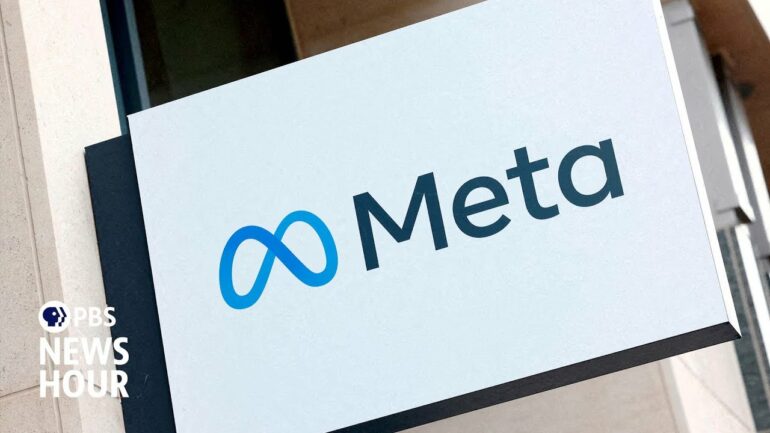Meta’s decision to change its content moderation policies by replacing centralized fact-checking teams with user-generated community labeling has stirred up a storm of reactions. But taken at face value, the changes raise the question of the effectiveness of Meta’s old policy, fact-checking, and its new one, community comments.
With billions of people worldwide accessing their services, platforms such as Meta’s Facebook and Instagram have a responsibility to ensure that users are not harmed by consumer fraud, hate speech, misinformation or other online ills. Given the scale of this problem, combating online harms is a serious societal challenge. Content moderation plays a role in addressing these online harms.
Moderating content involves three steps. The first is scanning online content – typically, social media posts – to detect potentially harmful words or images. The second is assessing whether the flagged content violates the law or the platform’s terms of service. The third is intervening in some way. Interventions include removing posts, adding warning labels to posts, and diminishing how much a post can be seen or shared.
Content moderation can range from user-driven moderation models on community-based platforms such as Wikipedia to centralized content moderation models such as those used by Instagram. Research shows that both approaches are a mixed bag.
Does fact-checking work?
Meta’s previous content moderation policy relied on third-party fact-checking organizations, which brought problematic content to the attention of Meta staff. Meta’s U.S. fact-checking organizations were AFP USA, Check Your Fact, Factcheck.org, Lead Stories, PolitiFact, Science Feedback, Reuters Fact Check, TelevisaUnivision, The Dispatch and USA TODAY.
Fact-checking relies on impartial expert review. Research shows that it can reduce the effects of misinformation but is not a cure-all. Also, fact-checking’s effectiveness depends on whether users perceive the role of fact-checkers and the nature of fact-checking organizations as trustworthy.
Crowdsourced content moderation
In his announcement, Meta CEO Mark Zuckerberg highlighted that content moderation at Meta would shift to a community notes model similar to X, formerly Twitter. X’s community notes is a crowdsourced fact-checking approach that allows users to write notes to inform others about potentially misleading posts.
Studies are mixed on the effectiveness of X-style content moderation efforts. A large-scale study found little evidence that the introduction of community notes significantly reduced engagement with misleading tweets on X. Rather, it appears that such crowd-based efforts might be too slow to effectively reduce engagement with misinformation in the early and most viral stage of its spread.
There have been some successes from quality certifications and badges on platforms. However, community-provided labels might not be effective in reducing engagement…



